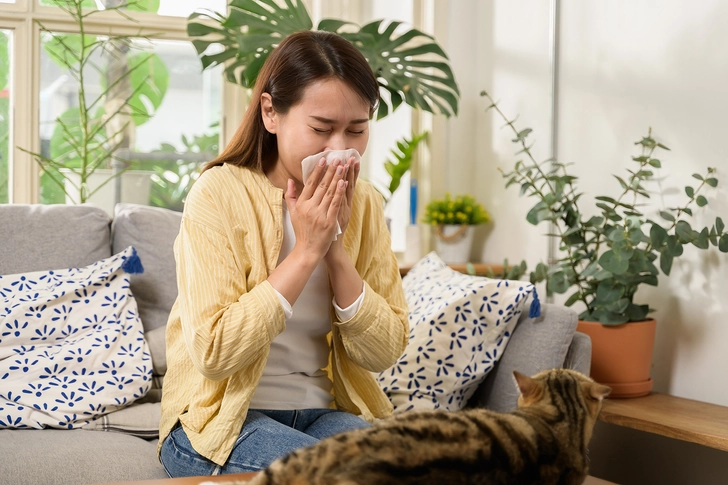What Is Allergic Asthma?


What Is Allergic Asthma?
Allergic asthma is the most common type of asthma. Coughing, wheezing, shortness of breath, and chest tightness are common symptoms. Allergens are everywhere, so it's important to learn the triggers and how to keep attacks from happening.

How Allergies Trigger Asthma

Allergic Asthma Triggers and Diagnosis
Pollen, mold, animal dander, and dust mites can make your asthma worse. But allergens like these aren't the only thing that can trigger an attack. Irritants like tobacco smoke, air pollution, and strong odors also play a role. Your doctor can see what exactly causes your allergic asthma with either skin prick tests or blood tests.

Managing Allergens at Home
You have to avoid breathing in allergens to keep your asthma under control. It’s a good idea to stay indoors during high pollen counts, use allergen-proof covers on bedding, and keep indoor humidity below 40%. If you have pets, get tested to see if they're causing your problem. Regular cleaning and using HEPA filters can also improve your symptoms.
PHOTO CREDITS:
Slide 1: Doucefleur/Shutterstock
Slide 2: Cat Box/Shutterstock
Slide 3: fongbeerredhot/Shutterstock
Slide 4: Microgen/Shutterstock
Slide 5: Prostock-studio/Shutterstock
SOURCES:
American Academy of Asthma, Allergy, and Immunology: "What to expect at the doctor's office," "How to help your allergies and asthma," "Allergic asthma information," "Is your asthma allergic?"
American Medical Association, Essential Guide to Asthma, 1998.
National Heart, Lung and Blood Institute: "Asthma: How is Asthma Diagnosed?" "How is asthma treated?"
Boehringer Ingelheim: "US FDA Expands Approval of Tiotropium Respimat® for Maintenance Treatment of Asthma in Children."
FDA Prescribing Information: Spiriva Respimat.
Medline Plus: "Fluticasone, Umeclidinium, and Vilanterol Oral Inhalation."


